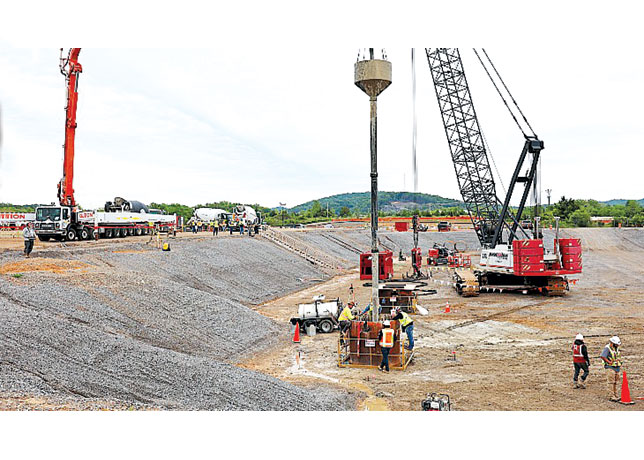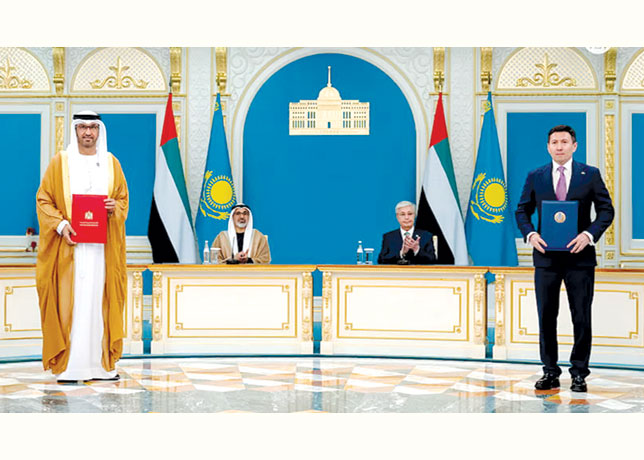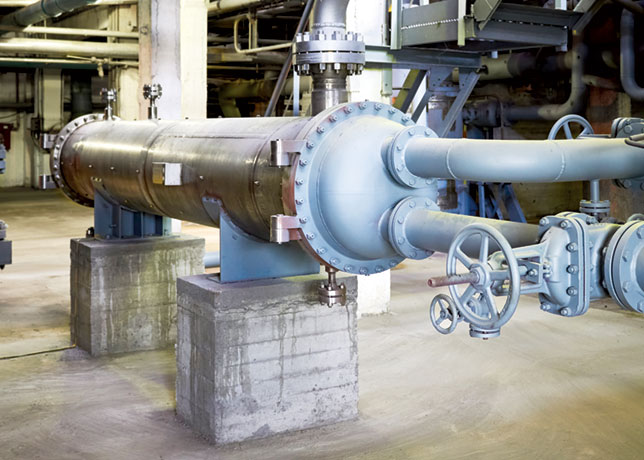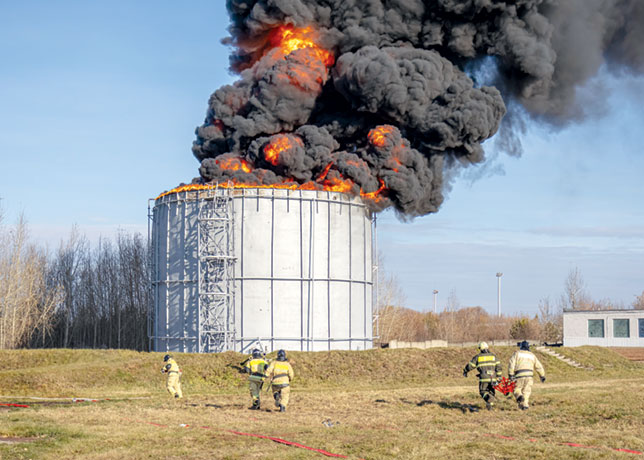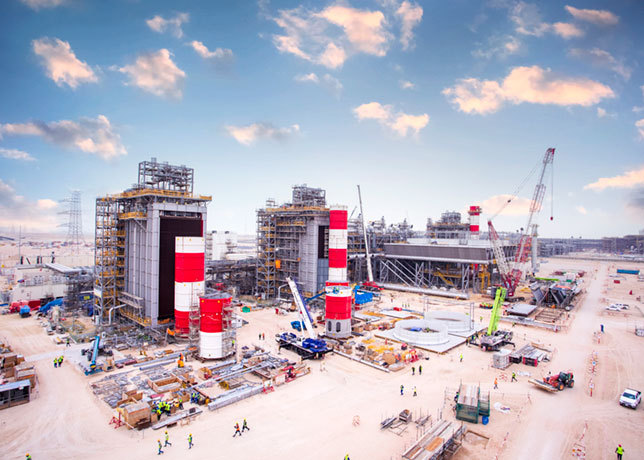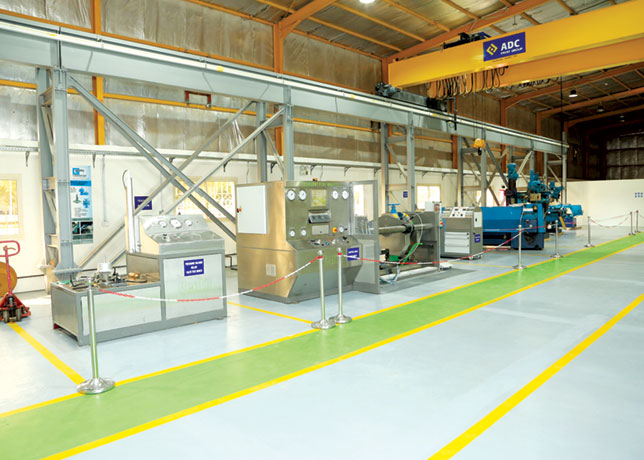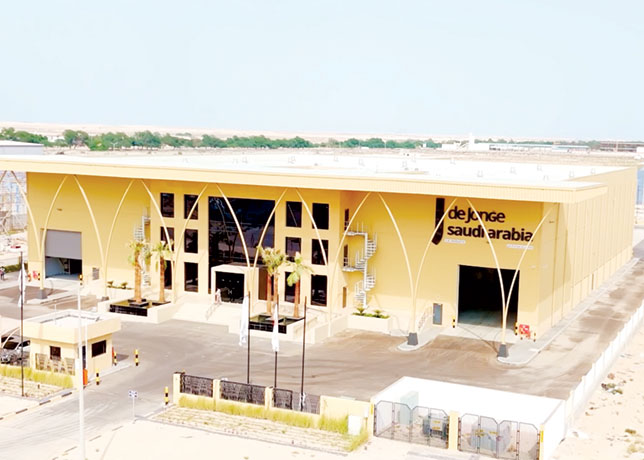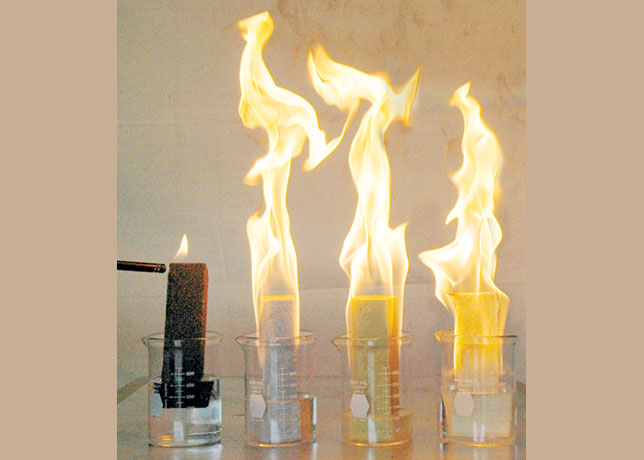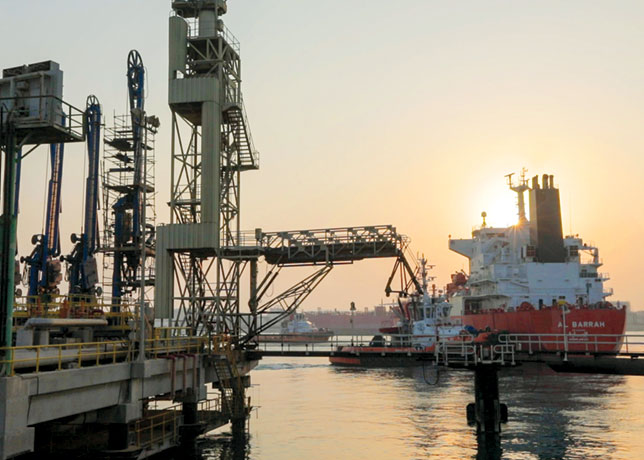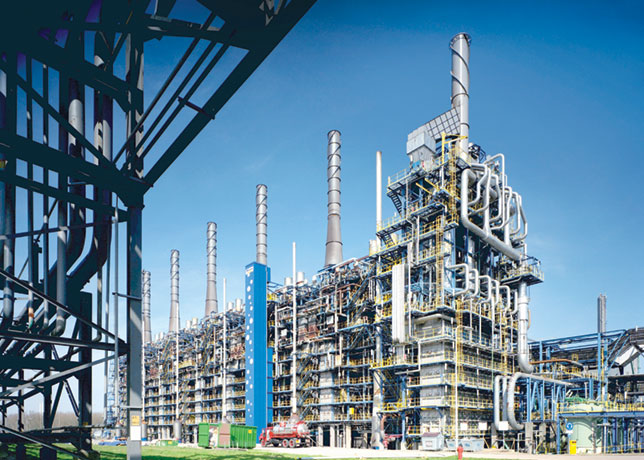 Image by Rorozoa/ Freepik
Image by Rorozoa/ Freepik
Oil prices rose more than 1 per cent on Wednesday after reports that Israel could be preparing to strike Iranian nuclear facilities raised fears of a supply disruption in the Middle East.
Brent futures rose 87 cents, or 1.3 per cent, to $66.25 a barrel by 0807 GMT. US West Texas Intermediate crude jumped 89 cents, or 1.4 per cent, to $62.92.
US intelligence suggests that Israel is preparing to strike Iranian nuclear facilities, CNN reported on Tuesday, citing multiple US officials.
It was not clear whether Israeli leaders have made a final decision, CNN added, citing the officials.
"Such an escalation would not only put Iranian supply at risk, but also (put supply at risk) in large parts of the broader region," ING commodities strategists said.
Considering Iran exports more than 1.5 million barrels per day (bpd), fears of supply disruptions have helped to drive prices higher, said UBS analyst Giovanni Staunovo.
Iran is the third-largest producer among the members of the Organisation of the Petroleum Exporting Countries (Opec) and an Israeli attack could upset flows from the country.
There are also concerns that Iran could retaliate by blocking oil tanker flows through the Strait of Hormuz, through which Saudi Arabia, Kuwait, Iraq and the United Arab Emirates export crude oil and fuel.
The US and Iran have held several rounds of talks this year over Iran's nuclear programme while US President Donald Trump has revived a campaign of stronger sanctions on Iranian crude exports.
Despite the discussions, US officials and the Iranian Supreme Leader Ayatollah Ali Khamenei made comments on Tuesday indicating both sides remain far from a resolution.
However, there were some signs of improving crude supply. US crude oil stocks rose last week while gasoline and distillate inventories fell, market sources said, citing American Petroleum Institute figures on Tuesday.
Investors will also assess US oil stock data from the Energy Information Administration later on Wednesday.
Kazakhstan's oil production, meanwhile, has risen by 2 per cent in May, an industry source said on Tuesday, defying Opec+ pressure to reduce output. -Reuters














